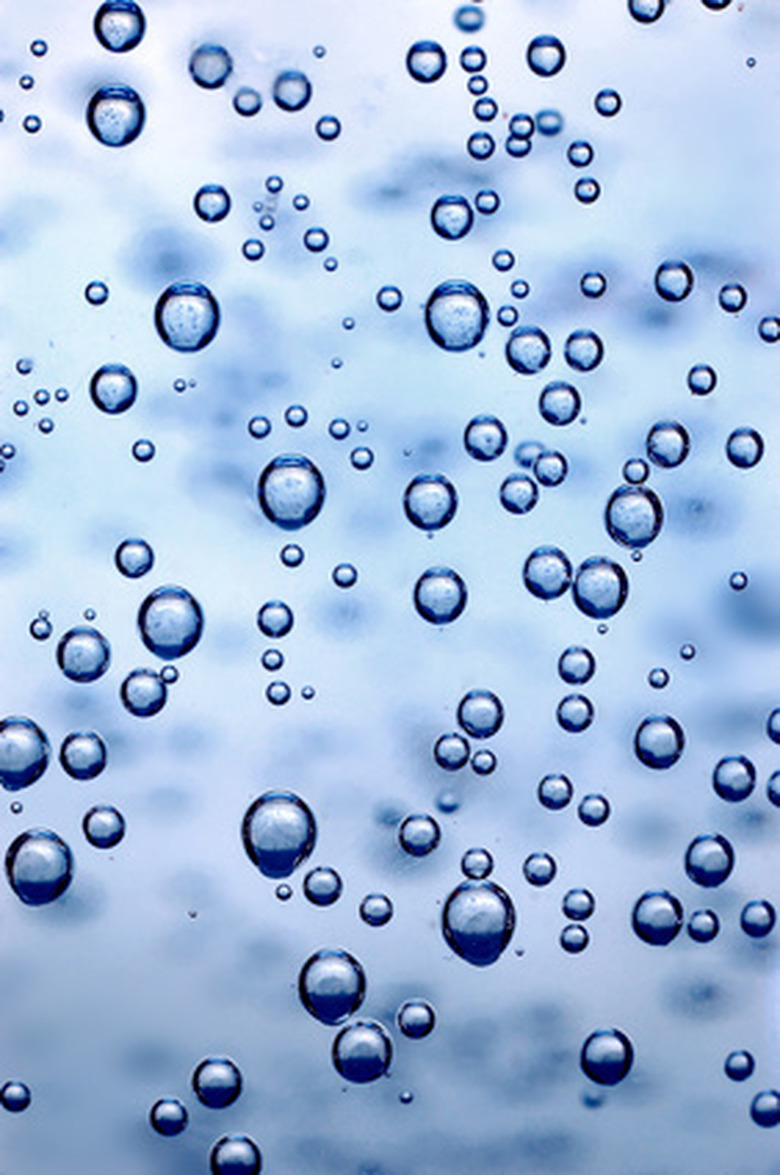Density Of Carbonated Water
The density of carbonated water is dependent on the degree of carbonation. There is no consistent density for carbonated water, however, if you know the variables you can easily calculate the density.
Variables
Variables
In order to calculate the density of carbonated water, you need the density of both carbon dioxide and water. Carbon dioxide has a density of .00198 g/cm cubed. The density of water is 1 g/cm cubed.
Equation
Equation
The equation to calculate the density of a substance involves multiplying the percentage of concentration of one substance by its density and adding it to the percentage times density of the other substance.
Example
Example
If the concentration of carbon dioxide in carbonated water is 1 percent, you can calculate the density using the formula: .01 x .00198 g/cm^3 + .99 x 1 g/cm^3 = .9900198 g/cm^3 In this case the density of the carbonated water is .9900198 g/cm^3.
References
- "Chemistry: The Central Science"; Theodore E. Brown; 2008
- "Chemistry"; Steven S. Zumdahl; 2008
Cite This Article
MLA
Malzeke-McDonald, Karen. "Density Of Carbonated Water" sciencing.com, https://www.sciencing.com/density-carbonated-water-6925741/. 24 April 2017.
APA
Malzeke-McDonald, Karen. (2017, April 24). Density Of Carbonated Water. sciencing.com. Retrieved from https://www.sciencing.com/density-carbonated-water-6925741/
Chicago
Malzeke-McDonald, Karen. Density Of Carbonated Water last modified March 24, 2022. https://www.sciencing.com/density-carbonated-water-6925741/
